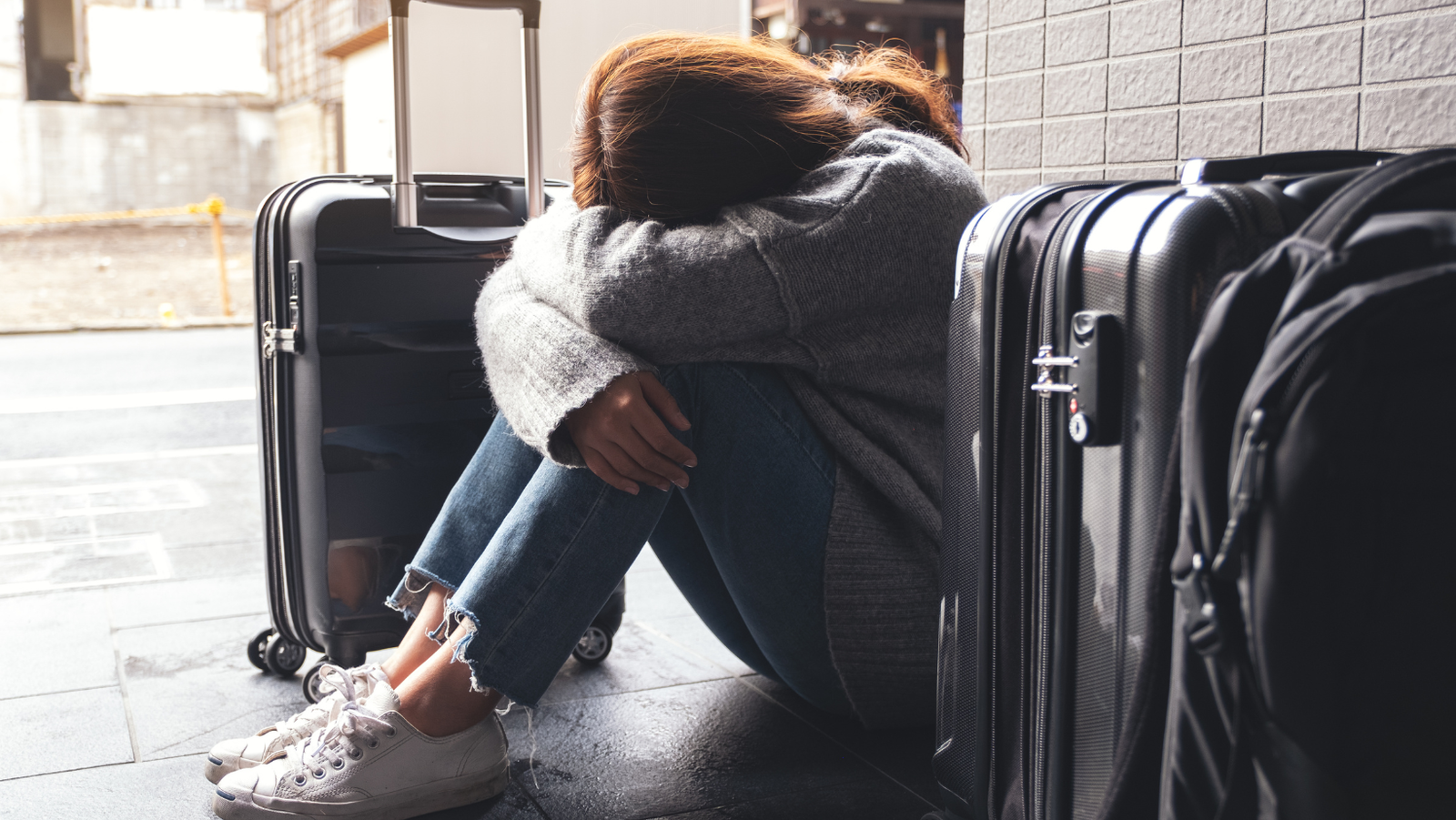Managing Anxiety and Depression While Traveling with Children: A Mental Health Guide

Traveling with children can be a joyful experience, but it also presents unique challenges that can exacerbate anxiety and depression. For parents and caregivers managing mental health conditions, the stress of planning and executing a trip can feel overwhelming. However, with the right strategies and mindset, you can create a positive travel experience for both you and your children. Here, we offer supportive advice and actionable tips to help you navigate the complexities of traveling while maintaining your mental health.
Understanding the Impact of Travel on Mental Health
Traveling disrupts daily routines, which can be a significant trigger for anxiety and depression. The unpredictability of travel schedules, the pressure of keeping children entertained, and the potential for unexpected events can all contribute to heightened stress levels. Recognizing these factors is the first step in managing your mental health effectively while traveling.
Plan Ahead to Reduce Anxiety
Preparation is key to minimizing anxiety. Start by creating a detailed itinerary that includes travel times, accommodation details, and planned activities. Share this itinerary with your children, if appropriate, to help them understand what to expect. Packing in advance and creating checklists can also alleviate last-minute stress. Consider involving your children in the packing process to make it a collaborative effort.
Set Realistic Expectations
It’s important to set realistic expectations for your trip. Understand that not everything will go as planned, and that’s okay. Allow for flexibility in your schedule to accommodate unforeseen circumstances. This mindset can help reduce the pressure to have a ‘perfect’ trip and allow you to enjoy the moments as they come.
Practice Mindfulness and Relaxation Techniques
Incorporate mindfulness and relaxation techniques into your daily routine while traveling. Deep breathing exercises, meditation, and grounding techniques can help manage anxiety symptoms. Encourage your children to participate in these practices with you, turning them into a family activity that promotes calmness and connection.
Prioritize Self-Care
Self-care is crucial when managing mental health on the road. Ensure you are getting enough rest, eating balanced meals, and staying hydrated. Take time for yourself, even if it’s just a few minutes of quiet reflection or a short walk. Remember, taking care of your mental health is not selfish; it’s essential for your well-being and your ability to care for your children.
Seek Support When Needed
If you find your anxiety or depression becoming unmanageable, seek support. This could be through talking to a trusted friend or family member, reaching out to a mental health professional, or using online support groups. Having a support system in place can provide reassurance and guidance during challenging times.
Engage Your Children in the Journey
Involve your children in the travel experience by giving them age-appropriate responsibilities. This can include helping with navigation, choosing activities, or packing their own travel bags. Engaging them in the process can reduce your stress and make them feel valued and included.
Reflect on Your Experiences
After your trip, take time to reflect on the experience. Consider what strategies worked well and what could be improved for future travels. Journaling can be a helpful tool for processing your thoughts and emotions, providing insight into how travel impacts your mental health.
Traveling with children while managing anxiety and depression is undoubtedly challenging, but with preparation, support, and self-compassion, it can also be a rewarding experience. By prioritizing your mental health, you can create lasting memories with your family while nurturing your well-being.
